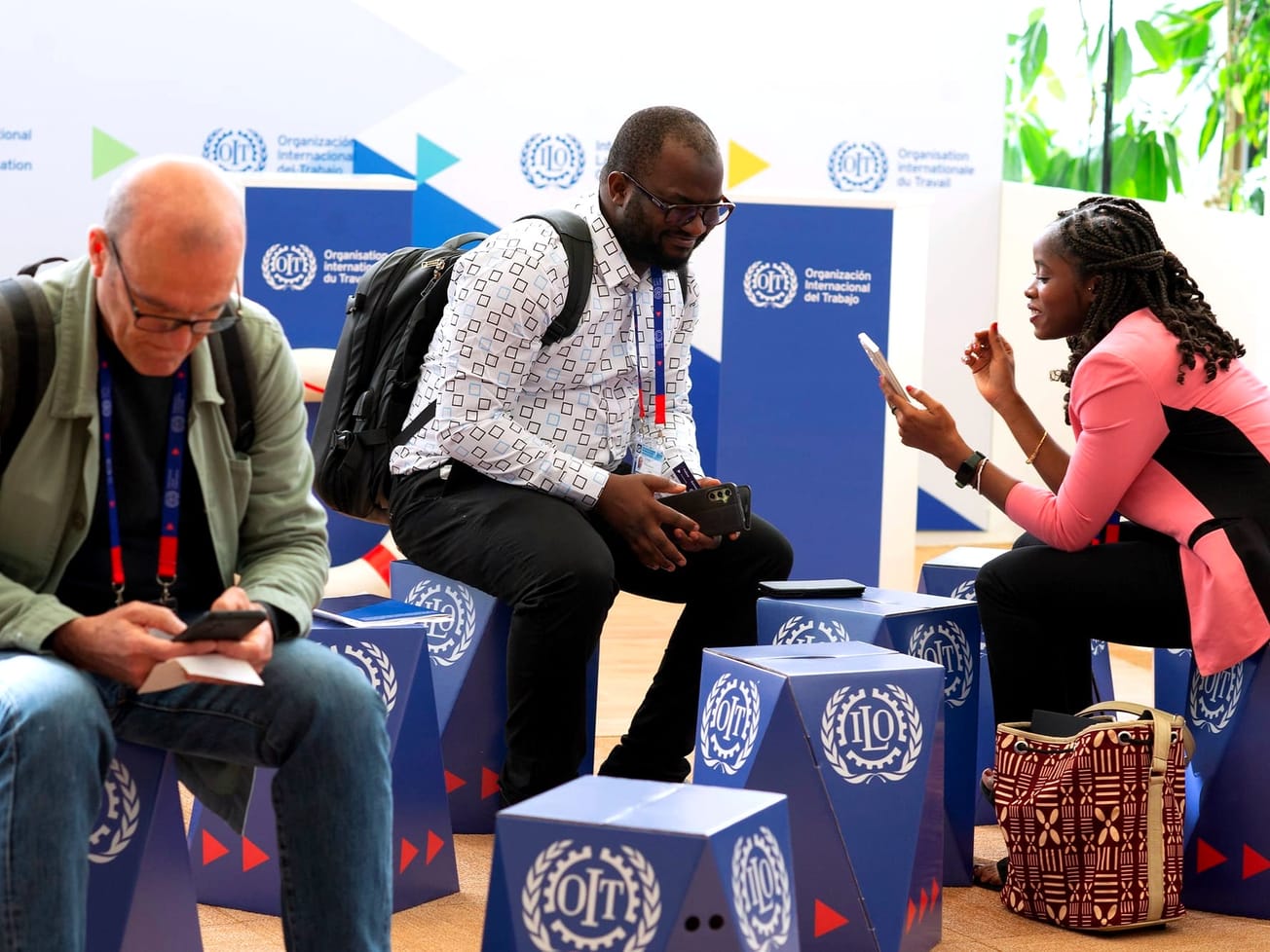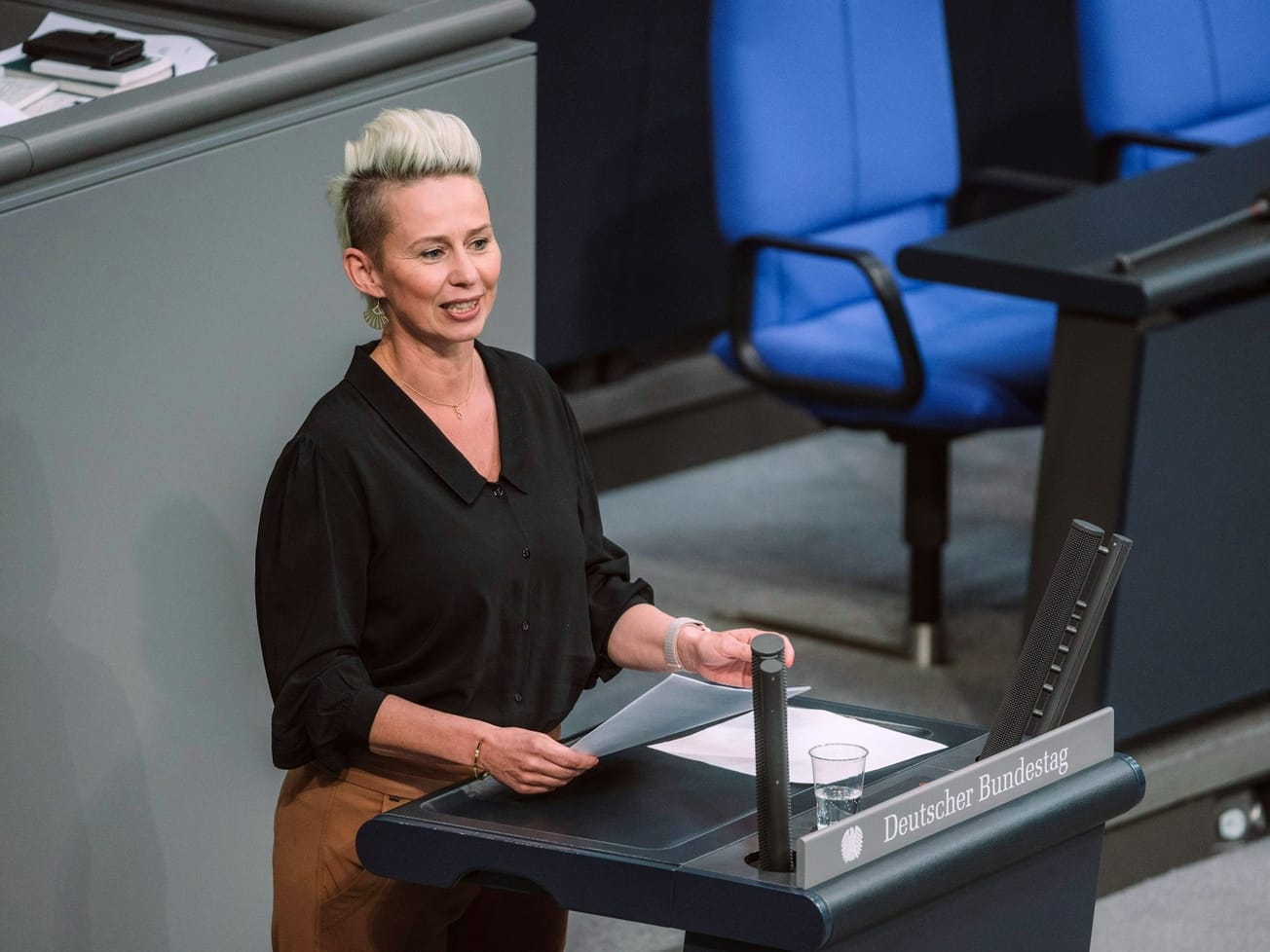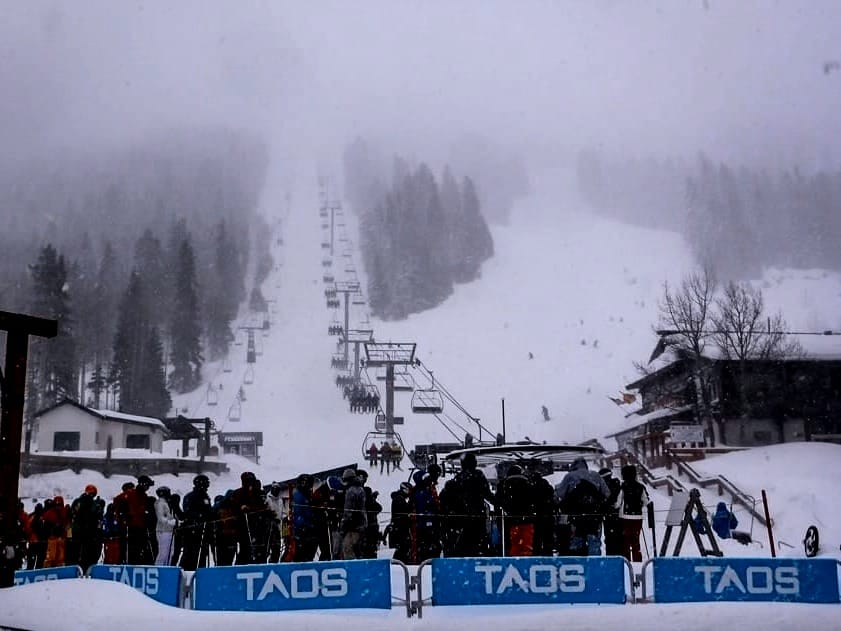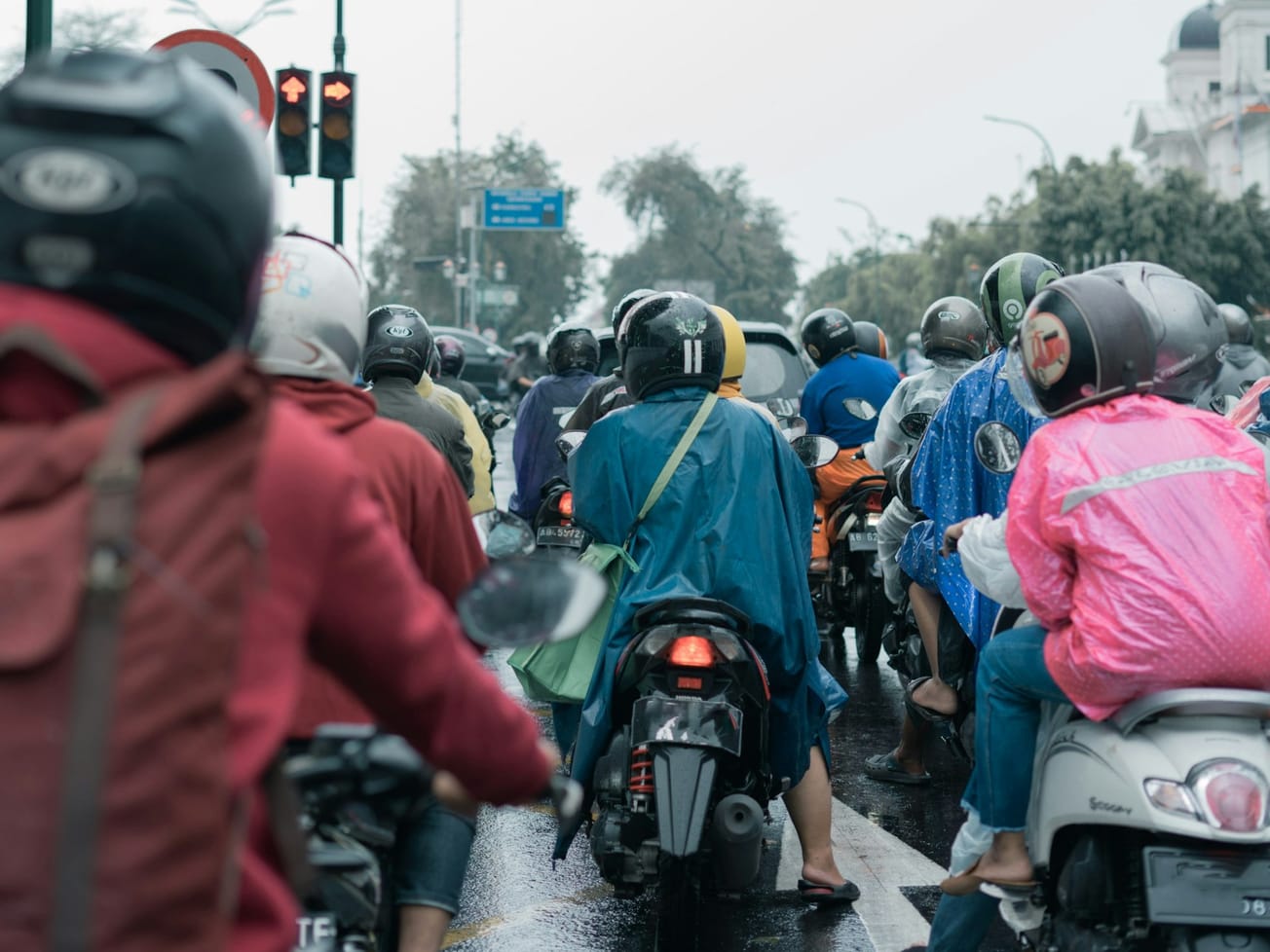GENEVA (AN) — The U.N. labor agency's chief opened its annual conference warning that recent workforce advances are threatened by a barrage of geopolitical crises.
Global GDP growth of 3.2% is forecast over the next year and a half along with inflation falling to 4.4% and a slight drop in unemployment to 4.9%, said Gilbert Houngbo, director-general of the International Labor Organization, marking the return to pre-pandemic levels of economic activity.









